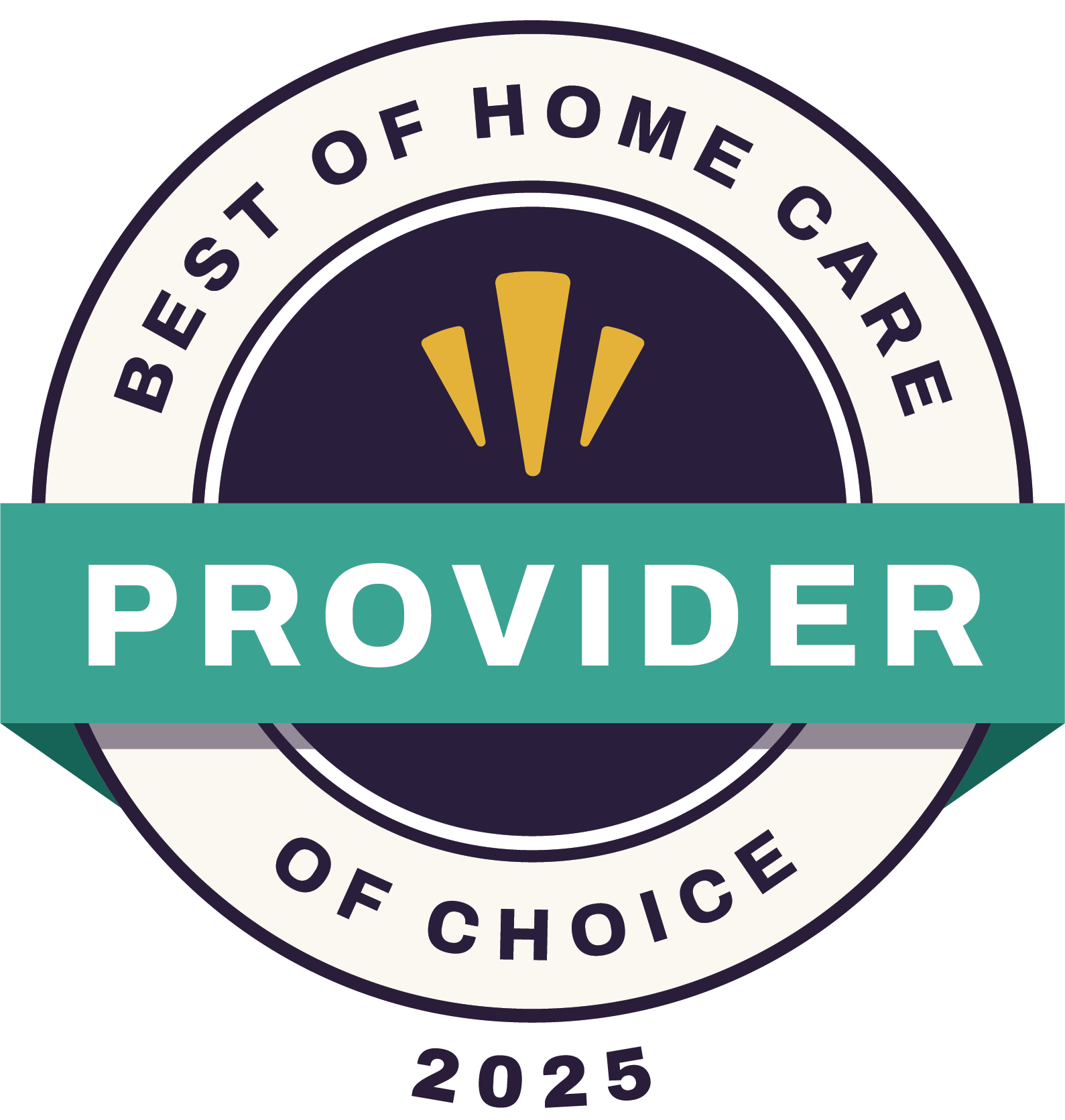What Do I Need to Tell a Home Health Aide?
They are with your family at their most vulnerable moments. You entrust them with the health and well being of the people you cherish most. You depend on their expertise and their compassion to guide you through some of life's most difficult decisions.
But it's not always easy to talk with your home health aide about what you and your loved ones need.
You may feel reluctant to discuss your concerns with someone you have only just met. You may worry that your comments will be taken as criticism. You may worry that your questions take too much of the aide's time.
You may not even be certain what is relevant to discuss regarding your loved one's care and what is not.
However, effective communication with your loved one's healthcare providers can not only improve the quality of their care, but it may also save your loved one's life.
Read on for strategies you can use to communicate more effectively with your loved one's home health aide!
Start by Asking a Lot of Questions
No matter whether it's done in a hospital or at home, giving and receiving care is a very intimate act. It requires trust and openness from everyone involved.
This can be tough, however, when the one caring for your loved one is a virtual stranger. That is why choosing the right home health aide is so important.
It all begins with the hiring process. You want to ensure that the person you choose to care for your loved one is not only trustworthy but will also meld well with your family.
Most importantly, you will want to make sure that this is someone your loved one will feel comfortable with.
After all, they're going to be spending a lot of time together, possibly including some of life's most personal moments, from toileting to bathing. You'll want to ensure that they're compatible.
So ask lots of questions and seek out lots of references, both personal and professional. Take the time to get a feel for the person, both their character and their personality.
If you pick the right person, you are very likely picking someone who will end up being not just a caregiver to your loved one, but also a companion and a friend.
A Home Health Aide Is All About the Caring
When you have concerns about what to discuss with your home health aide, just remember that it's all about your loved one.
Never hesitate to share with your aid anything that you think will improve the quality of care she or he can provide.
That means, of course, being as concrete and specific as possible about your loved one's medical history. But it's also about more than that. It's about helping your aide to understand who your loved one is and what she needs and wants.
Don't be afraid to discuss cultural and religious differences. Talk about little traditions within the family. Describe your loved one's little personal quirks, habits, and preferences.
Those are the kinds of details that make all the difference when it comes to caring.
The Little Things Matter
One of the biggest hurdles to effective communication is the fear that we are taking too much of the aide's time, that we're obsessively focusing on little things that don't matter.
But when it comes to the care of your loved one, everything matters. It's all important. Keep those lines of communication open.
Discuss the things that may seem insignificant at the moment, the small changes, the minute shifts in behavior.
They may not seem to matter much now, but these can become vitally important details in the future.
Your aide and the team of health professionals she partners with may find in these small details, essential clues about the state of your loved one's physical, emotional, and psychological health.
The Takeaway
When it comes to relationships, communication is always key. But it is especially important when it comes to the relationships between patients, families, and their home health aide.
Clear, open, and trusting dialogue with your loved one's care provider not only improve the overall quality of their care, but it will also help to build happier, healthier, and more enduring relationships between you, your family, and those who care for them.
Visit our website to learn more about the benefits of in-home care and our elite team of care providers



